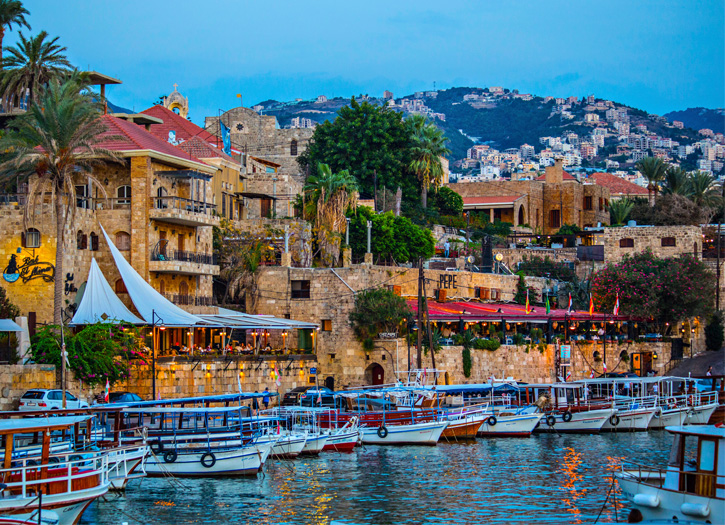The COVID-19 pandemic in Lebanon is part of the ongoing worldwide pandemic of coronavirus disease 2019 (COVID-19) caused by severe acute respiratory syndrome coronavirus 2 (SARS-CoV-2). The virus was confirmed to have reached Lebanon in February 2020.
On 1 March, the Ministry of Health announced 3 new cases, bringing the total cases to 13. These three people had self-isolated upon arriving in Lebanon from Iran days before.On 4 March, total confirmed cases reached 15.On 10 March, the first coronavirus-related death in Lebanon was recorded. On 21 March, Prime Minister Hassan Diab in a televised speech urged people in Lebanon to implement “self-curfew,” adding that security forces would enforce the lockdown measures.On 26 March, Lebanon imposed a partial curfew from 7 p.m. to 5 a.m. to slow the spread of the virus. 35 new cases were announced, bringing the total number of cases to 368.On 30 March, there were 446 confirmed cases and 11 deaths.
On 15 March, 6 new cases were announced, bringing the total to 99.Lebanon declared a state of medical emergency.The government announced the two-week closure of Beirut Airport, seaports and land entrances to begin on March 18.On 21 March, Prime Minister Hassan Diab in a televised speech urged people in Lebanon to implement “self-curfew,” adding that security forces would enforce the lockdown measures.On 26 March, Lebanon imposed a partial curfew from 7 p.m. to 5 a.m. to slow the spread of the virus. 35 new cases were announced, bringing the total number of cases to 368.On 30 March, there were 446 confirmed cases.
On 2 April, Philippine ambassador to Lebanon, Bernardita Catalla, died of COVID-19 in Beirut at the age of 62. She was the first Filipino diplomat to succumb to the disease.Human Rights Watch released a report saying that at least 21 Lebanese municipalities have introduced discriminatory restrictions on Syrian refugees that do not apply to Lebanese residents as part of their efforts to combat COVID-19, undermining the country’s public health response.On 4 April, the Minister Of Health department announced there were 520 total cases of COVID-19.
On 5 May, the national lockdown was extended by the government for an additional 2 weeks until 24 May. The total number of cases was 741, with 25 deaths as of 5 May.On 7 May, 25 Lebanese citizens who boarded an inbound flight from Nigeria tested positive.On 13 May, a full lockdown went into effect until 18 May due to a large increase in positive cases. Over 100 new cases in the previous 4 days were announced, bring the total number of infected to 870, with 26 deaths.On 21 May, Lebanon’s Health Ministry reported 63 new cases of the coronavirus, the largest single-day increase since the outbreak of the pandemic.
On 28 February, the Minister of Education Tarek al-Majzoub announced the closure of all educational institutions starting on 29 February until 8 March. The decision was seen as unnecessarily strict by some universities including the American University of Beirut, the Lebanese American University, and the Université Saint-Joseph who called for evidence-based decision-making to avoid unnecessary panic. After initially announcing that it would stay open in the face of the COVID-19 pandemic, and ignoring the Lebanese Ministry of Education and Higher Education‘s request that it shut down, in early March 2020 the university announced that it would close down.
In reaction to the pandemic, several religious institutions in Lebanon decided to act proactively changing traditional ceremony methods to limit the spread of the virus. Churches and mosques have been cleaned and disinfected, and practices have been adjusted. Within Christian communities, churches have emptied fonts of holy water, and communion is carried out by handing the Eucharist instead of placing directly in the mouth. Similarly, within Muslim communities, it was recommended that people use their own prayer rugs and do ritual cleaning at home
On 9 March, Lebanese Parliament closed down.All people were instructed by the government to stay home and the army was asked to interfere by order from Lebanese president and prime minister.On 12 March, the government announced that internet service through the public provider Ogero would be boosted through the end of April, to encourage users to stay home.







Add Comment